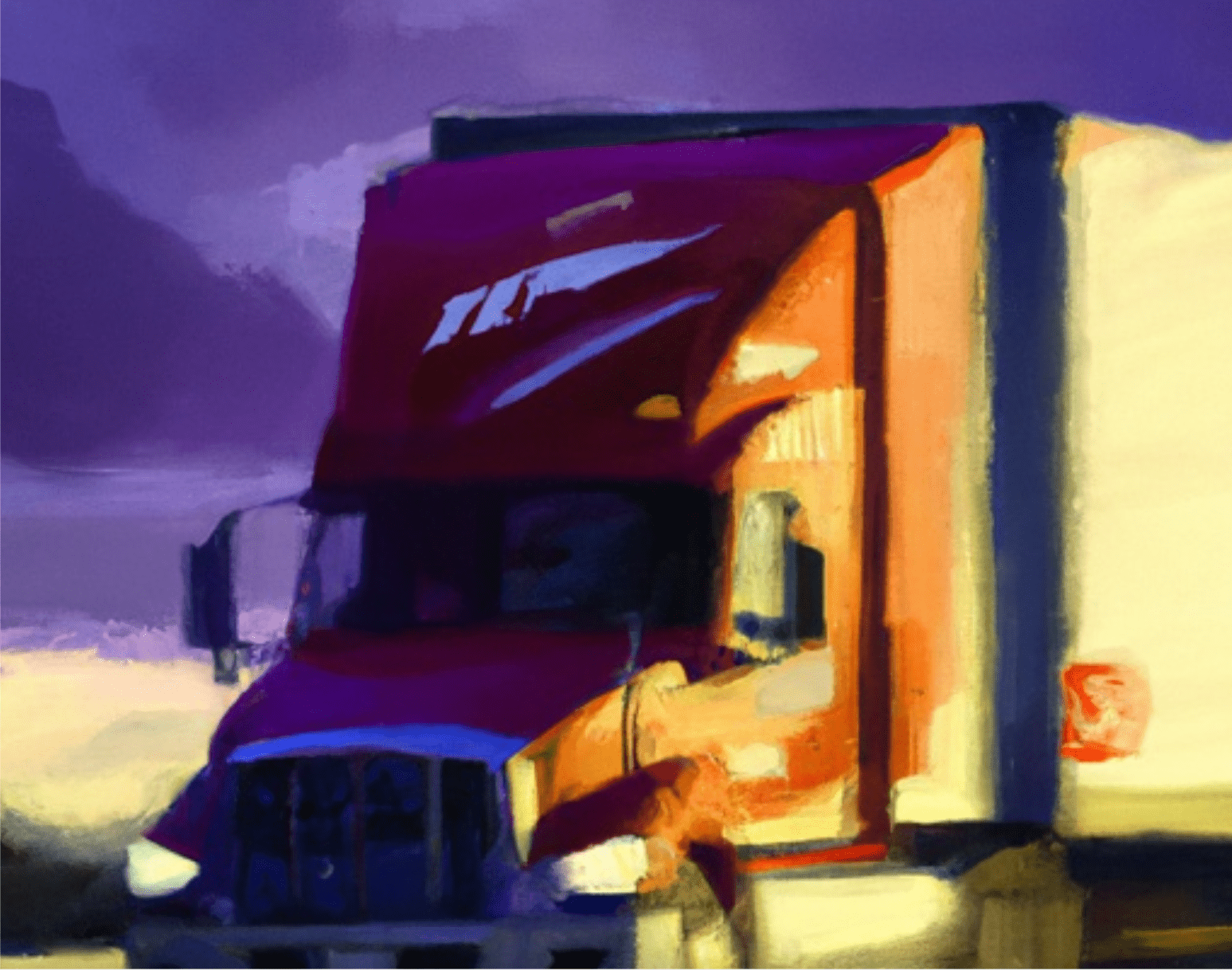The demand for specific types of trucking can vary based on factors such as industry trends, economic conditions, and regional needs. As of today, there are six types of trucking that are in high demand:
- Long-haul trucking: Long-haul trucking involves transporting goods over long distances, often across state lines or even between countries. It requires drivers to spend extended periods on the road, driving for several hours or days at a time.
- Refrigerated trucking: This type of trucking involves transporting perishable goods, such as food items, pharmaceuticals, or other temperature-sensitive products. Refrigerated trucks, also known as reefers, are equipped with cooling systems to maintain specific temperature ranges throughout the journey.
- Hazmat trucking: Hazmat (hazardous materials) trucking involves transporting potentially dangerous or hazardous materials. These materials include chemicals, flammable substances, gases, and radioactive materials. Drivers transporting hazardous materials must adhere to strict regulations and obtain special certifications.
- LTL (Less Than Truckload) trucking: LTL trucking involves the transportation of smaller shipments that do not require a full truckload. LTL carriers consolidate multiple smaller shipments from different customers into a single truck, maximizing efficiency and reducing costs.
- Flatbed trucking: Flatbed trucks are used to transport oversized or irregularly shaped cargo that cannot fit inside a standard enclosed trailer. This may include construction materials, machinery, or vehicles that need to be loaded and unloaded using cranes or forklifts.
- Specialized trucking: There is a demand for specialized trucking services that cater to specific industries or unique transportation requirements. For example, car haulers transport vehicles, tanker trucks carry liquids or gases, and livestock haulers transport animals.

